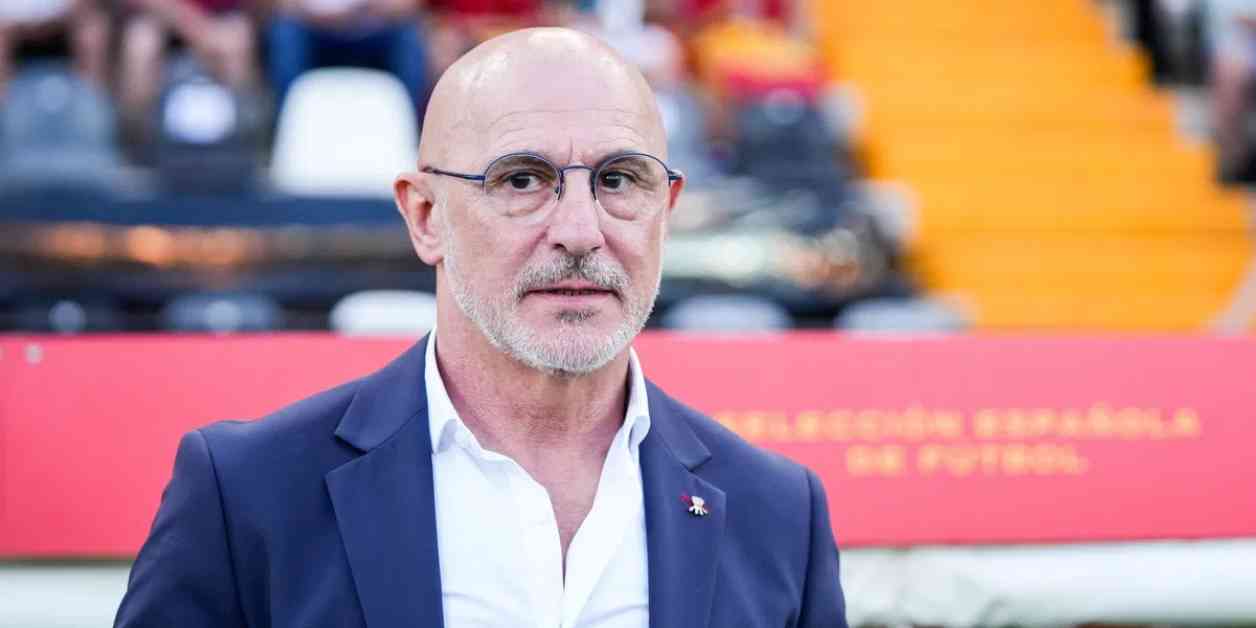Luis de la Fuente Castillo is currently the head coach of Spain and will lead the national team during the Euro 2024 in Germany. After Luis Enrique stepped down following the disappointing 2022 World Cup, De la Fuente was appointed as his successor. Under his guidance, Spain successfully qualified for the Euro and won the UEFA Nations League in 2023. But who exactly is De la Fuente? FootballNews.com paints a portrait!
Luis de la Fuente, born on June 21, 1961 in Haro, La Rioja, Spain, began his football career as a left-back at Athletic Bilbao. He made his debut in 1978 at Bilbao and made his first appearance for the first team in 1980. During his time at Athletic, he won two La Liga titles, a Copa del Rey, and a Supercopa de España. In 1987, he moved to Sevilla, where he played for four seasons before ending his career at Deportivo Alavés in 1994. In total, he played 254 matches in the Primera División and represented Spain as an Under 21 international and an Olympic participant.
De la Fuente started his coaching career in 1997 at Club Portugalete. He then held various positions at Aurrera de Vitoria, Sevilla, and Bilbao, where he coached youth teams, among other roles. In 2013, he joined the Spanish Football Federation (RFEF) as the coach of the youth teams. Under his leadership, Spain won the U19 European Championship in 2015, gold at the Mediterranean Games in 2018, and the U21 European Championship in 2019. In 2021, he temporarily led the national team during a friendly match against Lithuania when the regular coach Luis Enrique was absent due to COVID-19.
In December 2022, De la Fuente was officially appointed as the head coach of Spain, with a contract until the summer of 2024. He managed to lead Spain to the Euro 2024 and won the UEFA Nations League in 2023. De la Fuente is known for his ability to develop young talent, which is beneficial for the relatively young Spanish team. In the Euro in Germany, the team is in the ‘group of death’, along with Italy, Croatia, and Albania.
Despite facing tough competition in their group, Spanish fans are hopeful that De la Fuente’s experience and coaching skills will help the team navigate through the challenges and put up a strong performance in the upcoming tournament. With a mix of seasoned veterans and promising young players, Spain’s national team under De la Fuente’s guidance is aiming to make a mark on the international stage and compete for the Euro 2024 title. The fans are eagerly anticipating the exciting matches and are looking forward to seeing how De la Fuente’s leadership will shape the team’s performance in the tournament.

